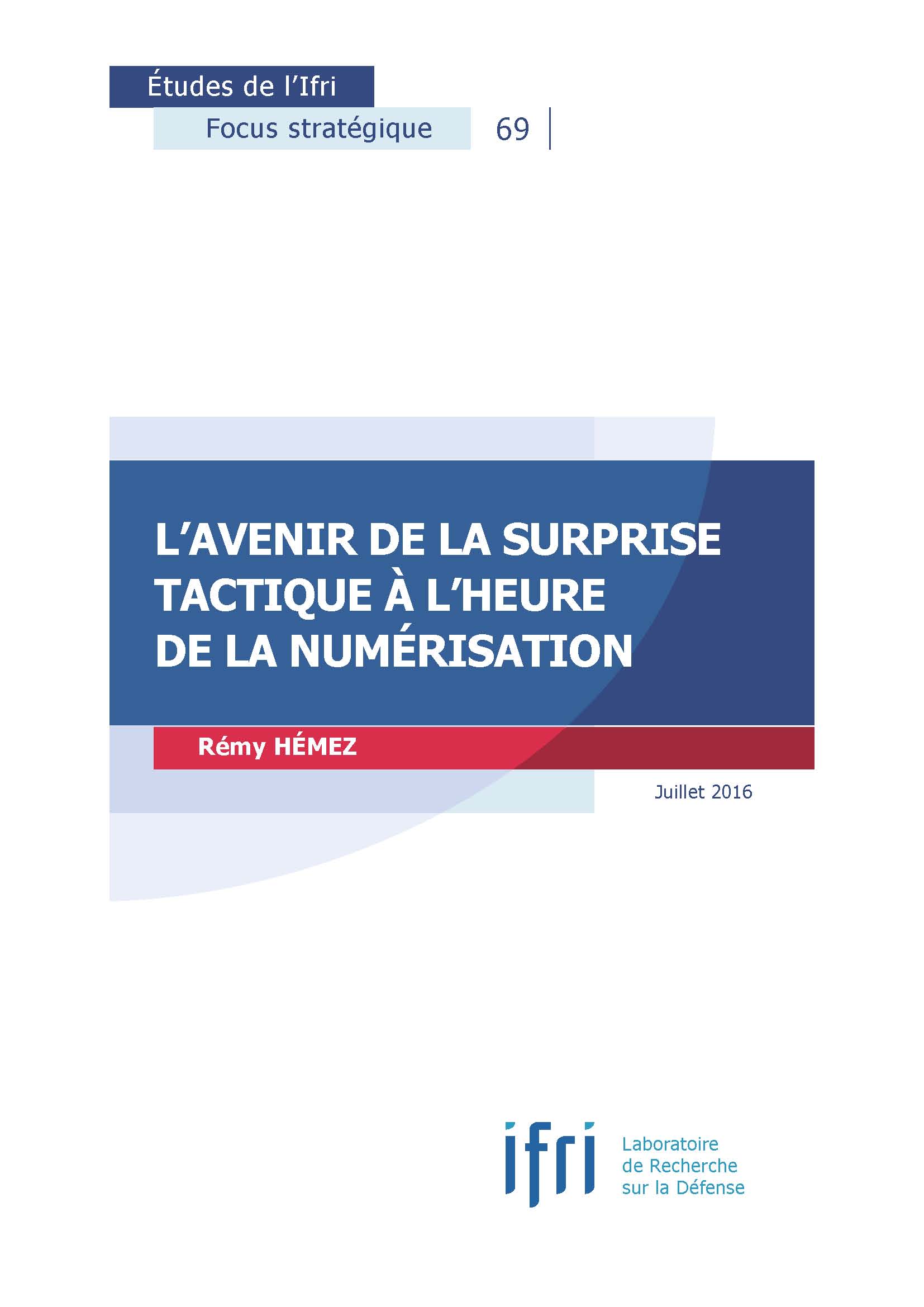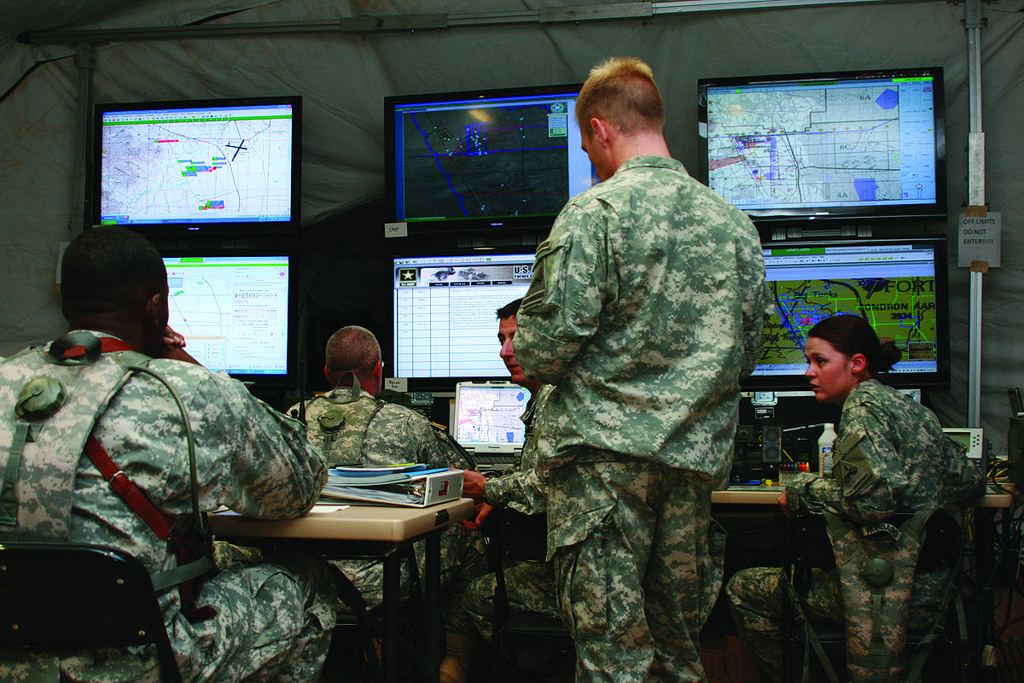L'avenir de la surprise tactique à l'heure de la numérisation

Surprise is a crucial dimension of military tactics, which stems from incertitude inherent to war.

Over the last decades, the continuous progress of information technologies has promoted the idea of a “transparent battlefield”. This may lead to question the relevance of the concept of tactical surprise in the digital era. As a matter of fact, far from putting an end to surprise, technological breakthroughs offer new opportunities to create surprise as well as new risks of being surprised. In this renewed tactical context, the French Army will inaugurate in 2018 a comprehensive modernization program named Scorpion, which calls for a reshaping of the command and control structure in order to put surprise at the core of the modes of action, so as to make the most of the technological potential while staying away from overreliance.
This content is available in French: L'avenir de la surprise tactique à l'heure de la numérisation
Related centers and programs
Discover our other research centers and programsFind out more
Discover all our analyses"Iron Swords" A Military Analysis of Israel's War in Gaza
On October 7, 2023, Hamas' attack, dubbed “Al-Aqsa Flood,” caused a major shock and led Israel to launch the longest war in its history. Operation “Iron Swords” was notable for its unprecedented intensity, both in terms of the massive ground forces deployed and the firepower used.
Saudi Arabia’s Nuclear Temptations. Lessons Learned from Regional Instability
Saudi Arabia’s integration in the international arena and regional stability, notably through reducing its dependence on fossil energies, are crucial elements for the success of the Kingdom’s Vision 2030, the Crown Prince’s top priority. However, Mohammed bin Salman’s declarations in 2018 and 2021, indicating that “if Iran develops a nuclear bomb, we will follow suit as soon as possible”, combined with the recent strikes on key Iranian nuclear facilities, do not bode well for the future of the Kingdom, the region and the non-proliferation regime at large.
The Future of Air Superiority. Command of the Air in High Intensity Warfare
Air superiority, understood as control of the air, is a cornerstone of the Western art of warfare. It is a decisive condition, albeit not sufficient by itself, to achieve military victory, as it enables the concentration of air power toward the achievement of wider strategic objectives and protects other components from unbearable attrition levels. It is best achieved through the offensive use of air power in a joint effort to neutralize the enemy’s air power.
Europe Uncovered?
As Russia continues to threaten Europe, the Trump administration is making no secret of its desire to withdraw—at least partially—from the defense of the Old
Continent in order to focus on strategic competition with China. It is thus putting pressure on its European allies to increase their investment in the military sector. The NATO Summit in The Hague in June 2025 resulted in ambitious commitments by member states to increase their defense spending.













